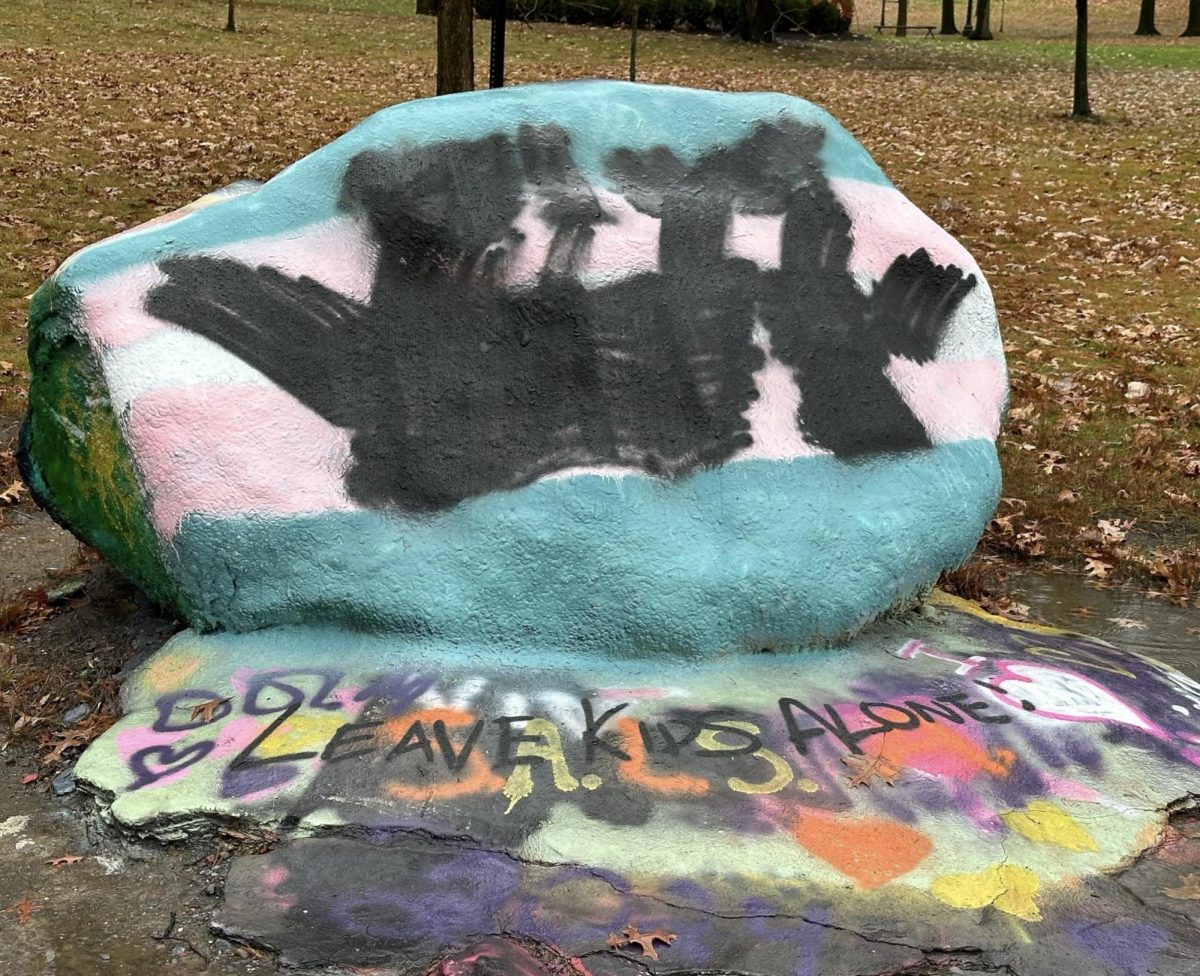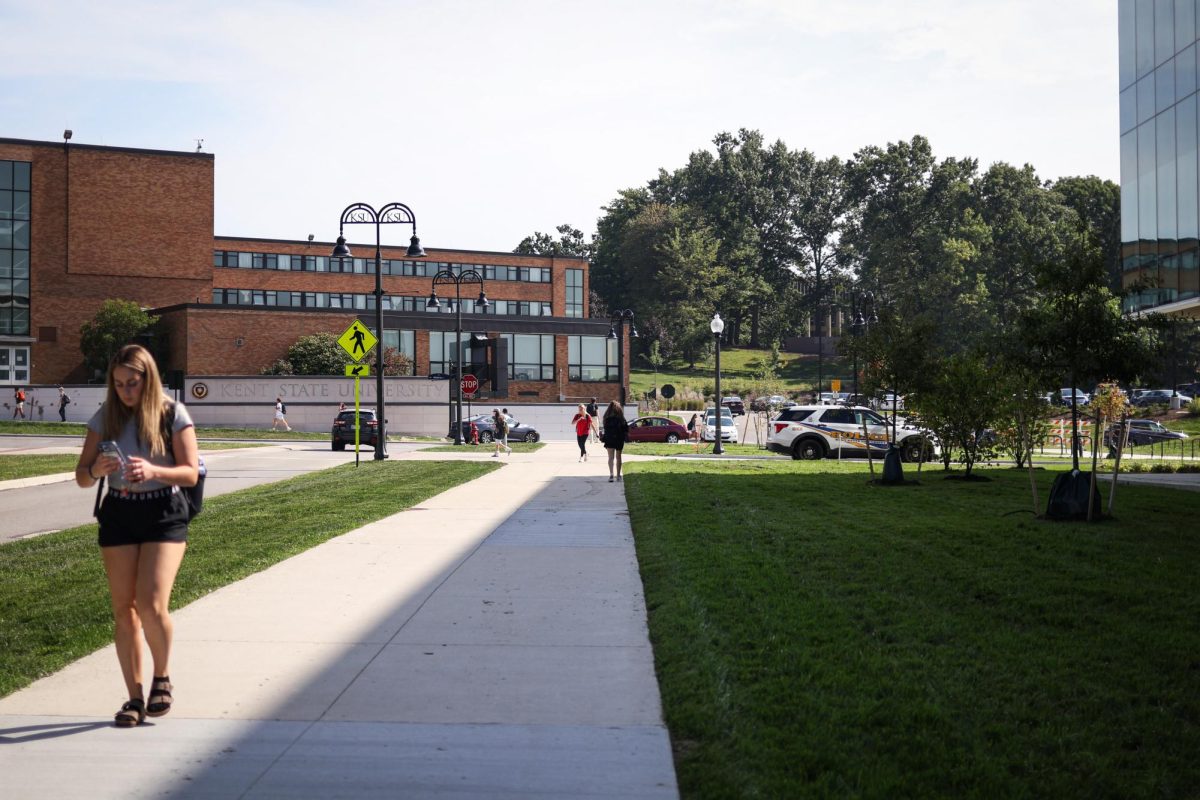Climate change and other environmental action discussions will be on the agenda when David Sherman, a professor for the Department of Psychological & Brain Sciences at the University of California, Santa Barbara, presents his “Environmental Engagement in a Diverse World” speech Feb. 28.
Sherman, a social psychologist and graduate of Cornell University, as well as a Ph.D. recipient at UCLA, was invited to Kent State by the psychology department to present his speech to the community.
Sherman’s research in preparation for the speech started “about a dozen years ago” with his students at UCSB.
“My students and I started to shift our attention to issues related to the environment, climate change and sustainability and to see how people are coping with the larger societal threat of climate change, and how it shapes their individual behaviors,” he said. “Also how their psychological factors, like their beliefs, or their experiences in the world shape whether or not they support climate policy, and that’s going to be the focus of my talk at Kent State.”
The Social Climate Science Lab, where Sherman does his work, has been focusing on two areas of research, both of which will be mentioned in the Colloquium, he said.
“The first area is understanding predictors of individual environmental action,” he said. “And, how individual environmental behaviors, as well as individual support for policy designed to curb or address climate change, is shaped by two factors: people’s beliefs about the climate, as well as their social norms.”
Sherman said the second part of his speech will look at the political side of climate change.
“The second big part is looking at issues related to political partisanship and how it drives views on climate policy proposals,” Sherman said. “What are some of the psychological barriers to achieving consensus on climate change proposals? And so that’s at the intersection of social psychology, political science, and communications.”
Sherman said his motivation for the speech is based on two ideas.
“It was a growing awareness of the acute nature of the problem that we’re all experiencing, and [the] feeling that social psychology is an intersection between the people, the situation and larger cultural, and societal forces,” he said. “And the second thing was that, in talking with the PhD students I was advising, it was clear that this was the topic of passion for them and wanting to support them, build on them, build on their ideas, work with them and dive into this relatively new area for me of environmental psychology.”
Sherman said that every living human should be cognizant of climate change and the actions they can take to curb it, as well as the world that is being left for future generations.
“On a personal level, in California, which is very beautiful, but also very fraught, we see fires, we see floods, and it’s becoming more frequent due to issues related to climate change, so there is an imperative to try to understand,” Sherman said. “It’s an all hands on deck moment for sciences and the arts to help us understand our moment and help us understand what changes can be made, will be made or have to be made.”
Sherman said his speech can be applied to all people in the audience, as well as around the world.
The lecture will be delivered in room 102 of the Kent Hall Annex from 9:30-10:30 a.m.
“I’m excited about this research, and I look forward to getting feedback on the research,” Sherman said. “I’ll be talking about some ongoing projects, and learning from others by sharing my work is really an exciting thing. I’m looking forward to talking with some experts in different areas of health psychology, and thinking about how the questions they’re addressing are also impacted by climate change related to sustainability.”
John Hilber is assistant sports editor. Contact him at [email protected].








